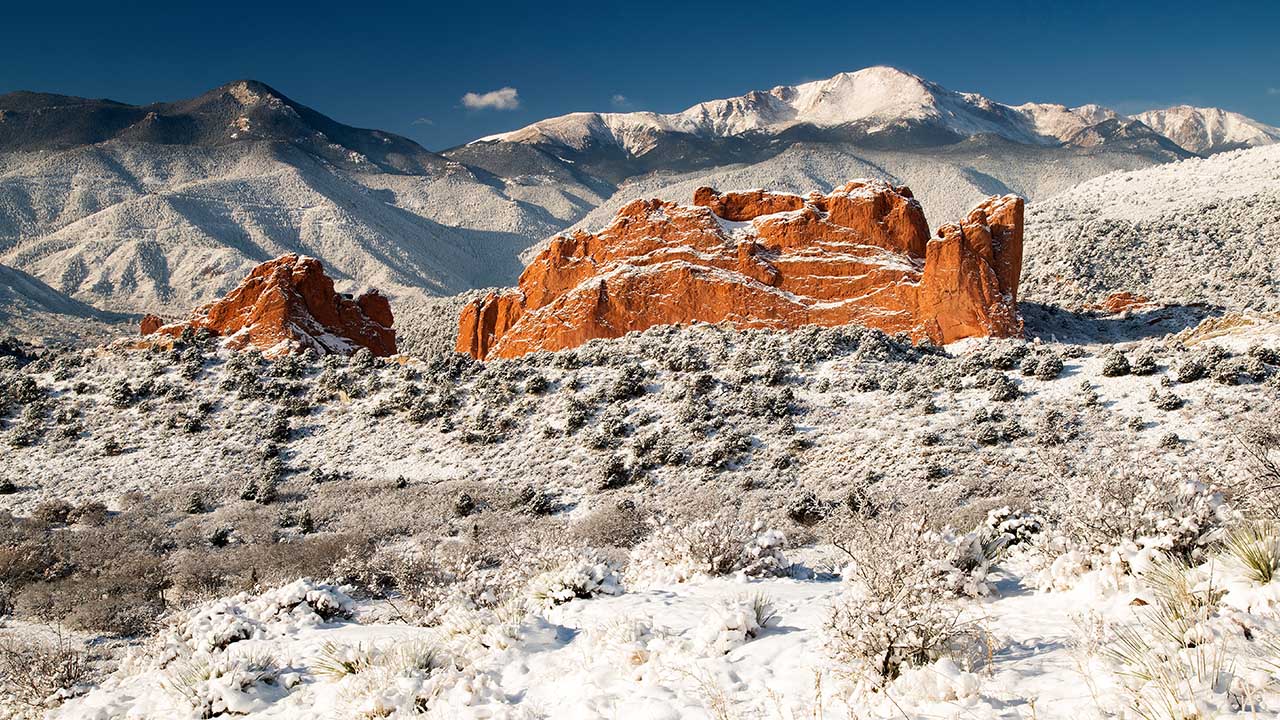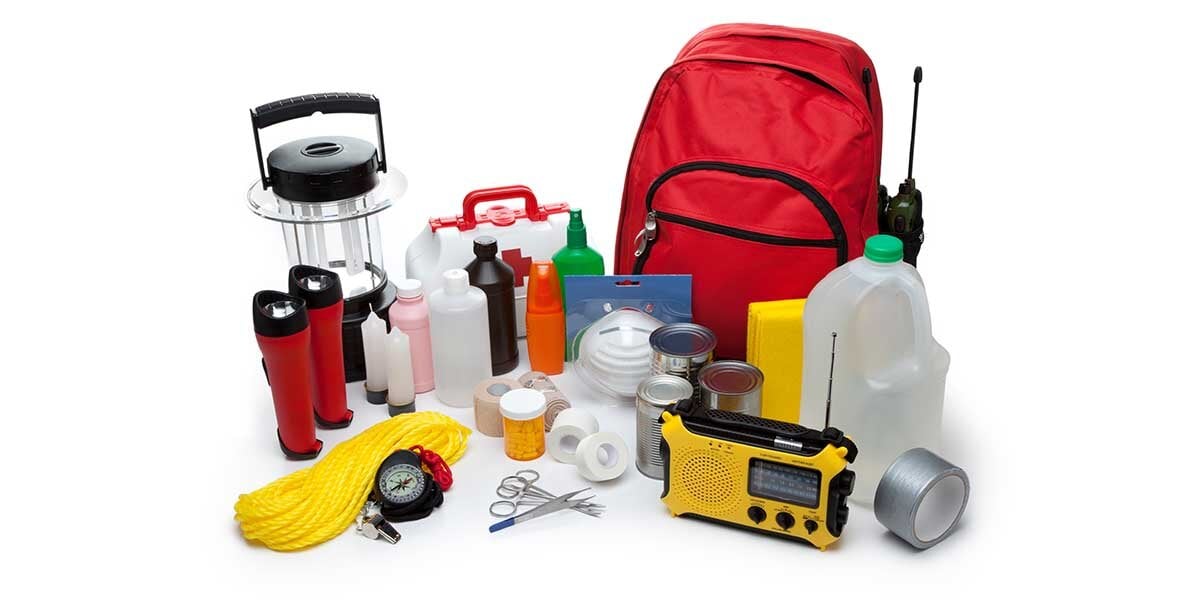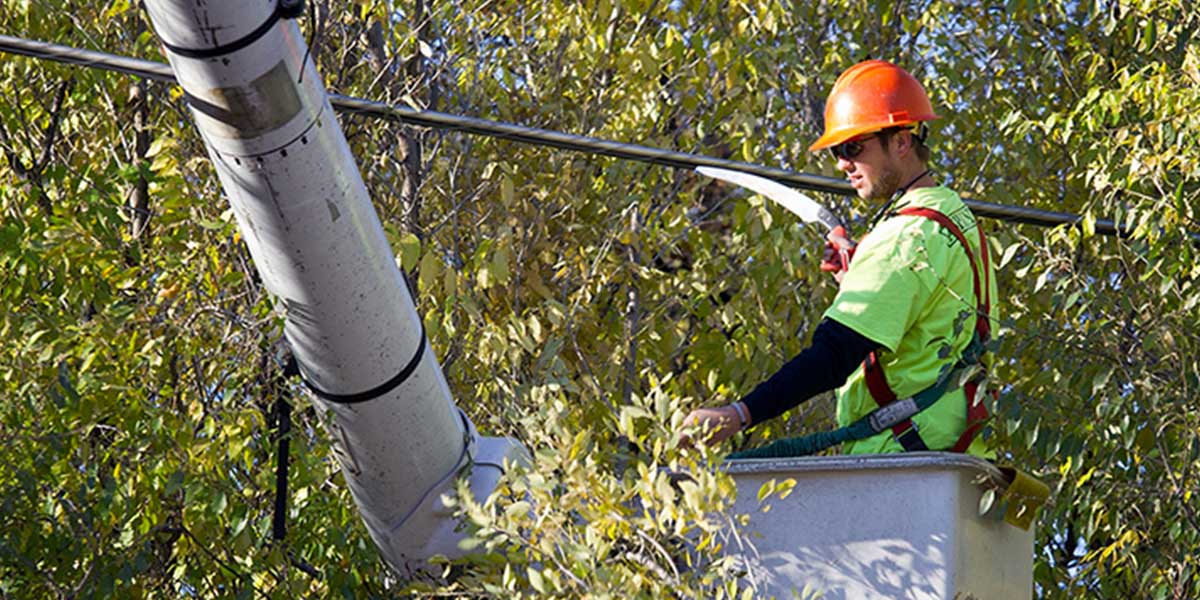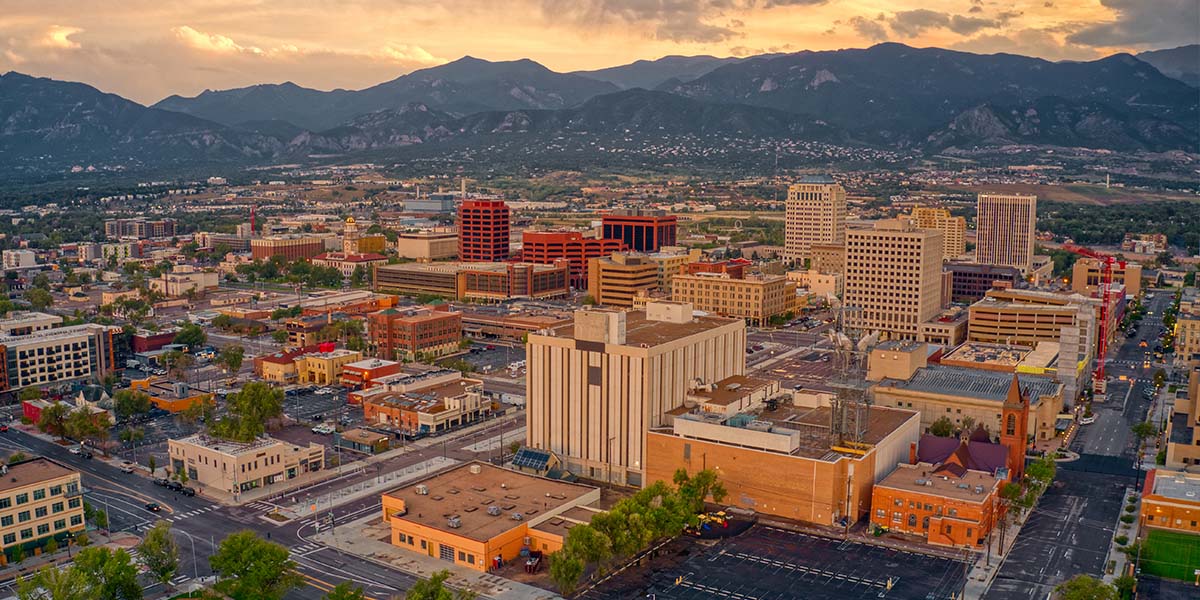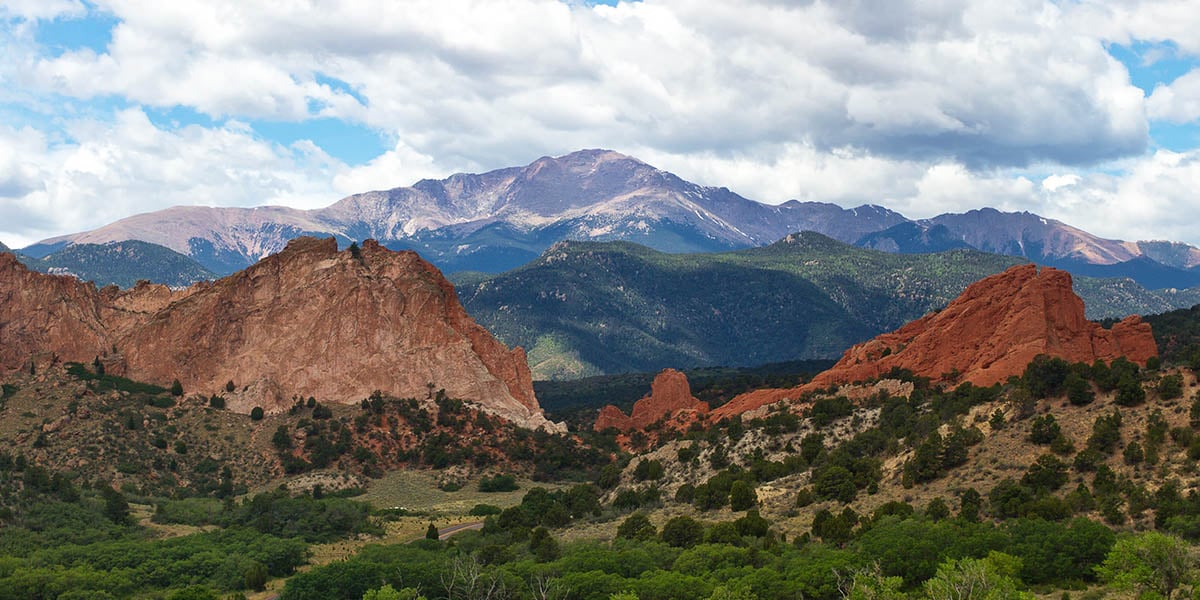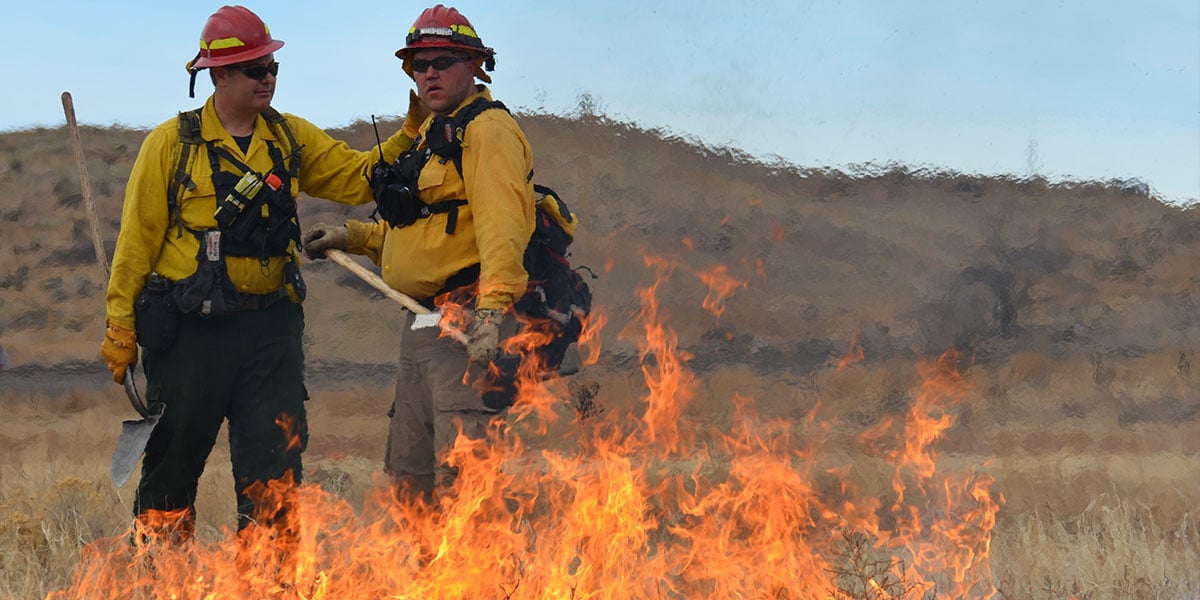From strong winds, blizzards and thunderstorms to bitter cold and wildfire danger, we are ready to respond if outages occur. While we work quickly to restore services to each customer, we know how inconvenient losing service can be. We appreciate your patience.
We encourage those who have needs requiring electricity to seek shelter with friends or neighbors during a storm. Customers with an emergency should call 911.
